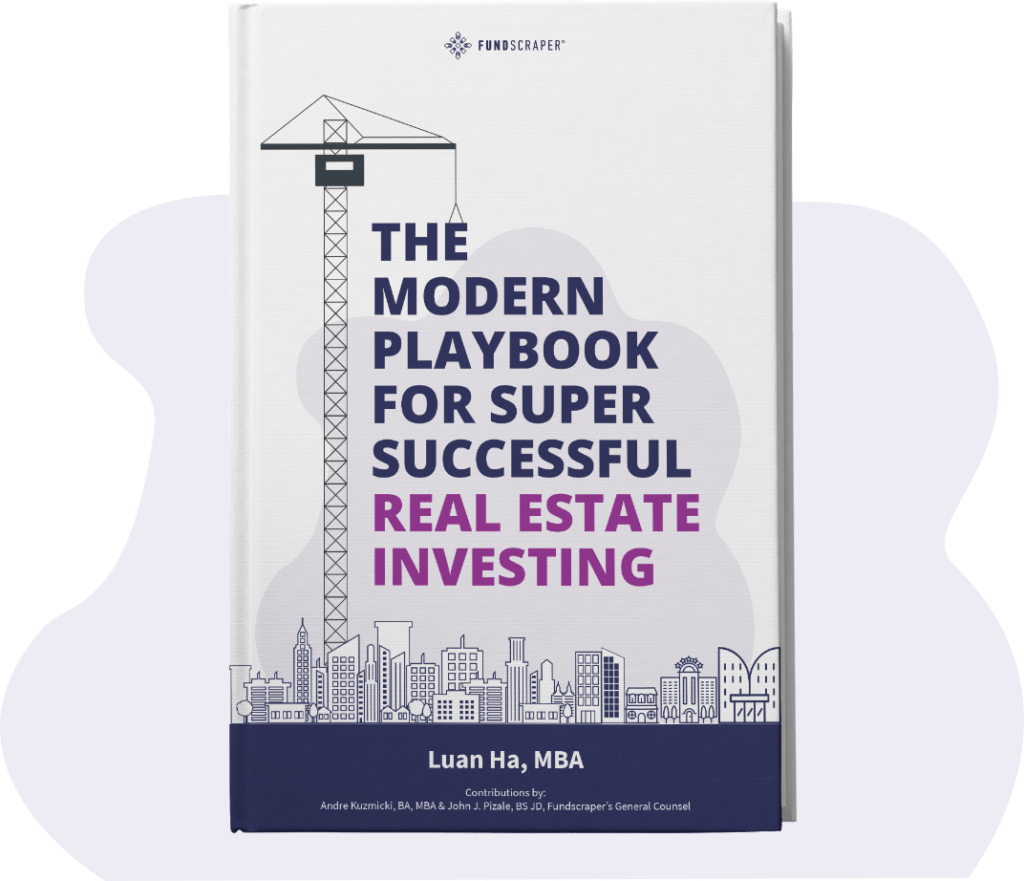Key Points
- Mortgage pools are attractive alternative investments, as their safety profile can be adapted to meet the investor’s appetite for risk.
- Our first mortgage pool only invests in first mortgages, which means Fundscraper has a greater likelihood of being made whole on its investments in the event a borrower fails to repay its debt owed to the Trust.
- Mortgage pools are typically more flexible in their lending terms and will provide shorter-term loans, generally ranging from 6-36 months, than those offered through traditional sources. It is because of this flexibility and the higher risk of these loans that they charge interest rates that are significantly higher than prime rates used by banks.
- The general rule of thumb is the higher the interest rate, the higher is the perceived risk of the mortgage investment. One way of assessing risk is studying the loan-to-value.
Risk Tolerance and Investment Goals
Risk-averse investors should look for a mortgage pool that is lower in risk. The riskiness of a fund or pool can be judged by its underwriting criteria, which is usually described in the offering memorandum. If income and preservation of capital are your goals, pick a pool that has conservative underwriting criteria and consistently delivers good returns. Learn more about our underwriting criteria here.
Our first mortgage pool only invests in first mortgages, which means Fundscraper has a greater likelihood of being made whole on its investments in the event a borrower fails to repay its debt owed to the Trust.
Mortgage Portfolio Composition and Concentration
A mortgage is registered on a landowner’s title to the property. This registration is called a charge. The charge details the interest of the lender, namely what is owed to the lender by the landowner, and that if the landowner fails to pay, then the lender may take the property and sell it to satisfy the debt. The lender who is first to register its charge is the first entitled to be repaid.
Mortgage pools are typically more flexible in their lending terms and will provide shorter-term loans, generally ranging from 6-36 months, than those offered through traditional sources. It is because of this flexibility and the higher risk of these loans that they charge interest rates that are significantly higher than prime rates used by banks. While the loans may be initially structured as short-term loans, they typically get renewed multiple times turning into multi-year mortgages.
The terms of the mortgages within the Diversified First Mortgage Pool vary between 6-18 months with borrowers having an option for renewal.
You should be wary of mortgage pools that have a high concentration of mortgages in one geographical location because it is more sensitive to adverse local economic and real estate conditions. Our Diversified First Mortgage Pool invests in single-family and multi-family residential assets in established neighbourhoods in southern Ontario.
Loan-to-Value of the Mortgage Portfolio
For most mortgage pool funds, a loan-to-value ratio of 70% is considered conservative (banks typically lend at a max. loan-to-value ratio of 75%). This means that the amount of the loan cannot exceed 70% of the property’s value. The difference between the loan and property value creates a safety cushion that protects investors from losses in the event of a borrower default that triggers a foreclosure and sale. Get a crash course on loan-to-value here.
The general rule of thumb is the higher the interest rate, the higher is the perceived risk of the mortgage investment. One way of assessing risk is studying the loan-to-value.
Fees and Expenses
Investors in mortgage pools sometimes pay higher fees that can reduce the payout amounts to you. Fees paid to the manager can be high and can include management fees, performance fees, and mortgage origination fees. On top of these fees, the operating expenses of the mortgage pool are also funded from investor money. This means that a manager can earn a higher return than investors through the different types of fees.
Our First Mortgage Pool has a 1% management or mortgage servicing fee and the fee details are disclosed in our offering memorandum.
Compliance
Fundscraper Property Trust must comply with the rules of government agencies, which are described in its disclosure documents. The principal document is the offering memorandum, which contains information regarding the Trust’s structure and objectives and management team experience. Fundscraper Capital Inc., the promoter of the Trust, is strictly regulated as an Exempt Market Dealer.
Have more questions about investing in a mortgage pool? Still not sure what all of the financial lingo means? We’re here to help! Schedule a call to talk through your real estate investment options today.
Start Investing in Real Estate Backed Investments Today
Explore the investments available on Fundscraper.











